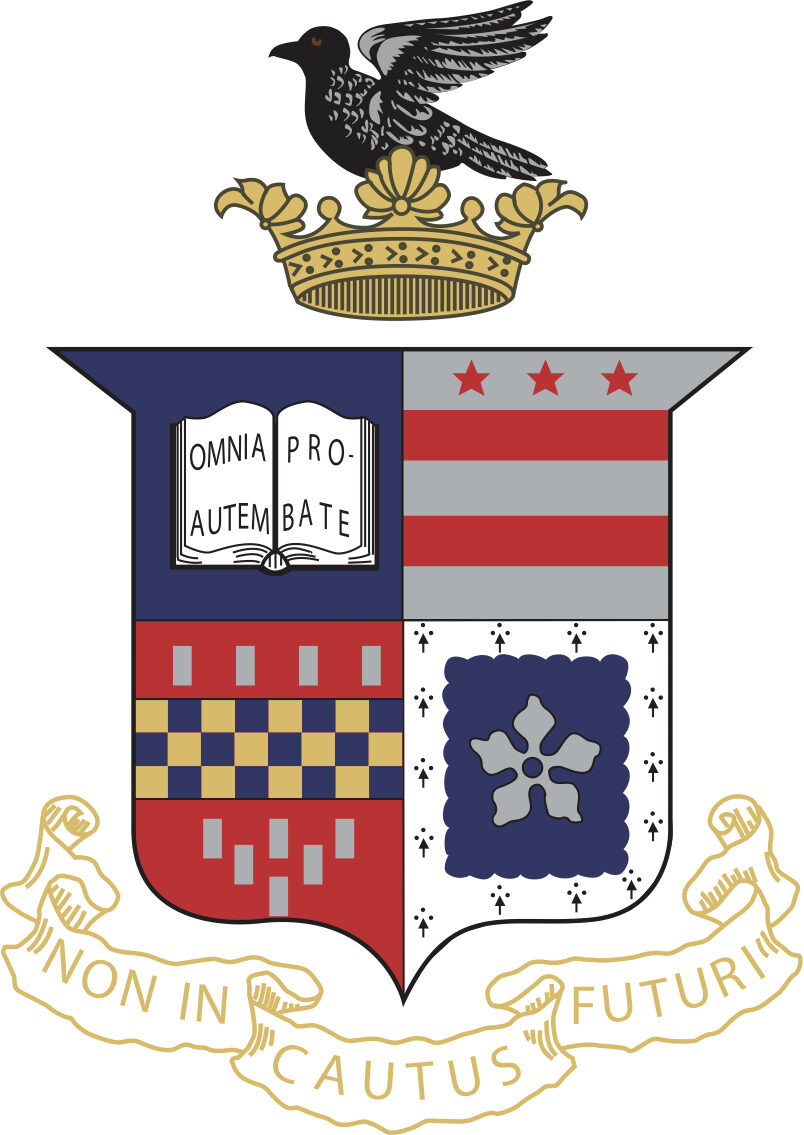The Small Business Administration (SBA) was established by Congress to create and administer programs to help small businesses compete in the national economy. But far too often, large, sophisticated firms profit from SBA programs meant to assist the little guy. Currently, Congress legislates specific programs tailored towards one type of small business, and the SBA is responsible for implementing the program. This process has resulted in loopholes in the SBA’s enabling act that permit powerful businesses to qualify for SBA programs. This result is the opposite of what Congress intended.
Part II provides background and the history of the SBA. Part III then discusses four SBA programs in detail: the 8(a) Business Development Program for minority owned small businesses, the Service Disabled Veteran Owned Small Business Program, the 7(a) Business Loan Program, and the 7(b) Disaster Loan Program. Part IV exposes the loopholes in these four programs that, at best, enable large entities to profit and, at worst, facilitate outright fraud. Finally, to ensure that federal assistance programs intended for smaller businesses do not instead benefit larger entities, Part V proposes that Congress amend the Small Business Act to create a broad, enabling superstructure under which the SBA could both create and implement its own programs to assist small businesses.
